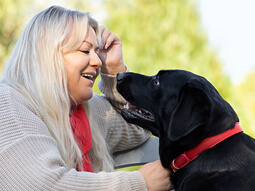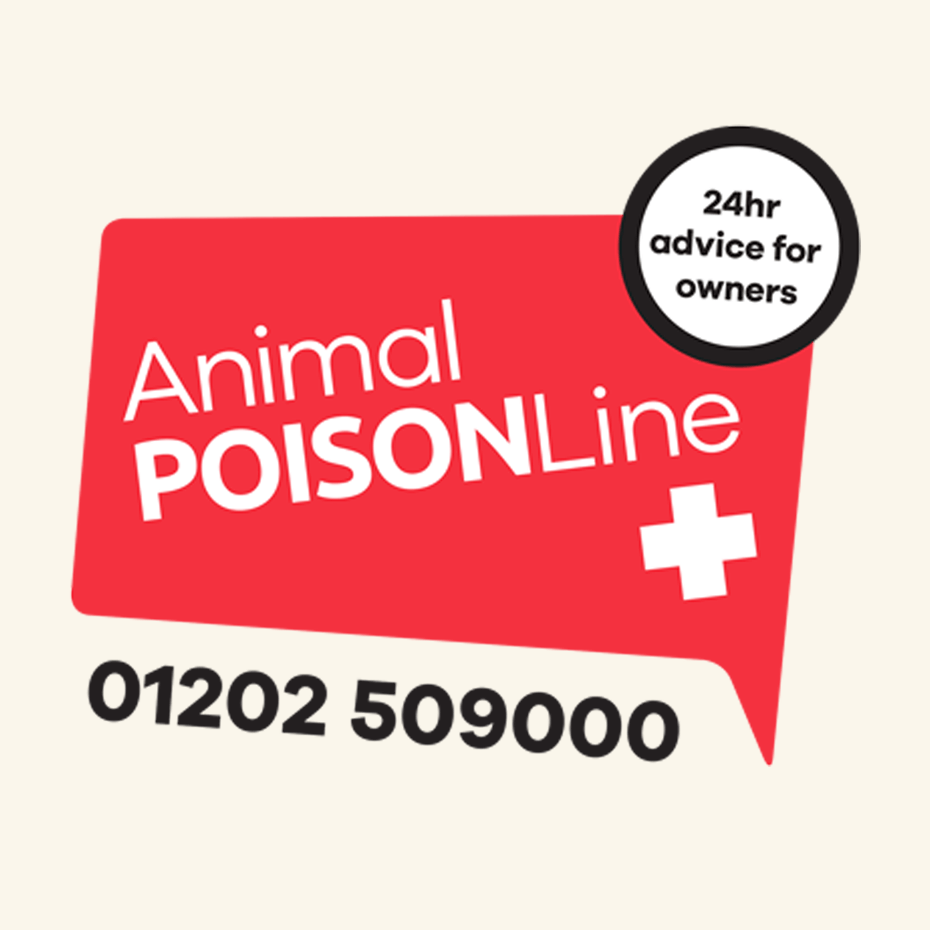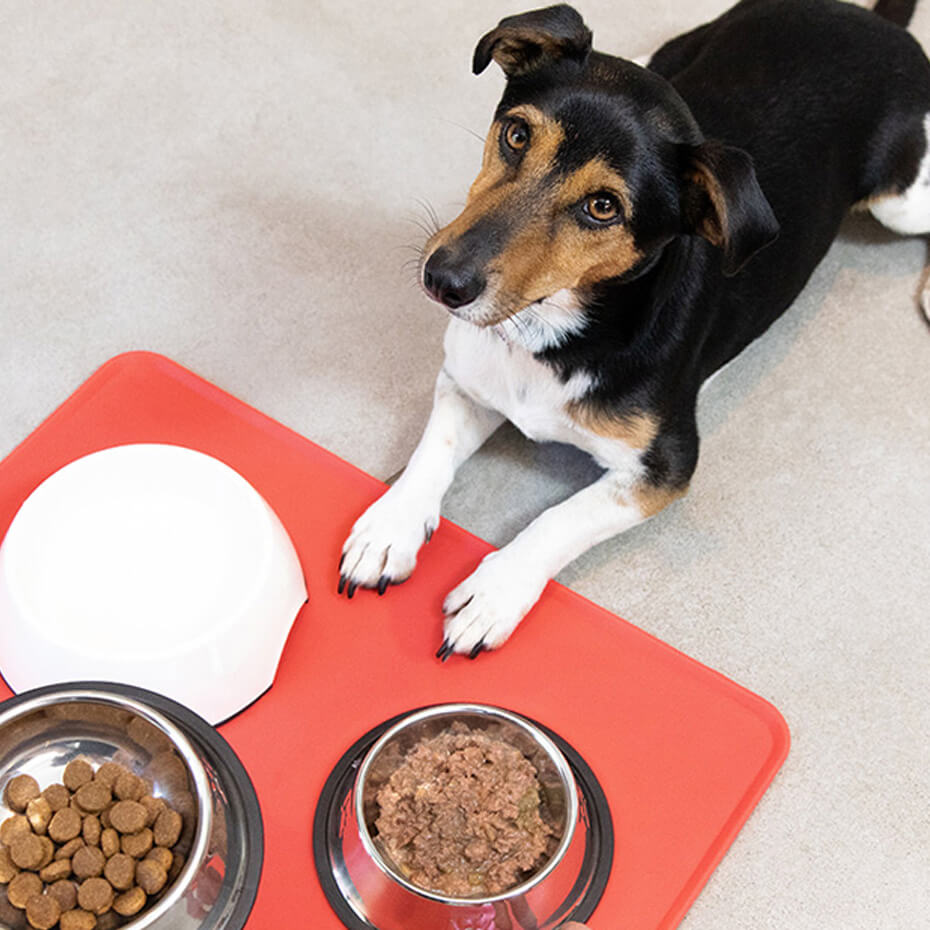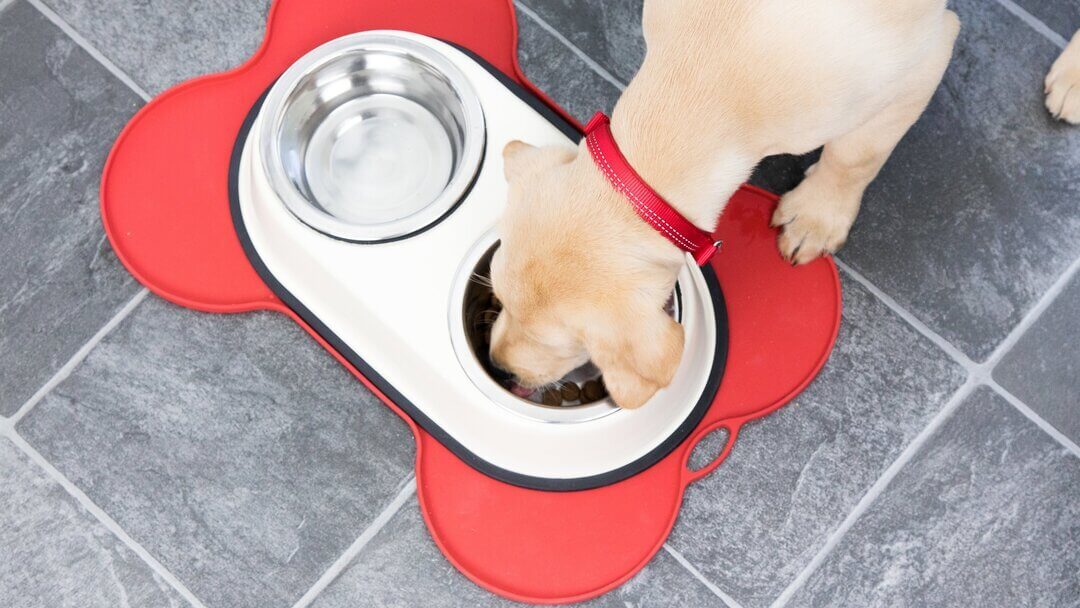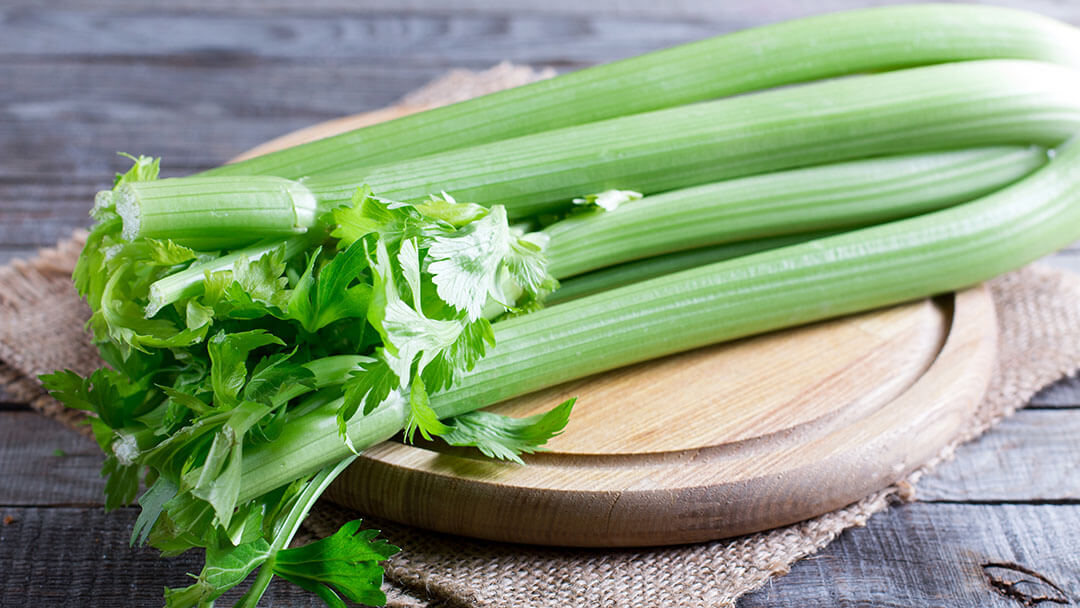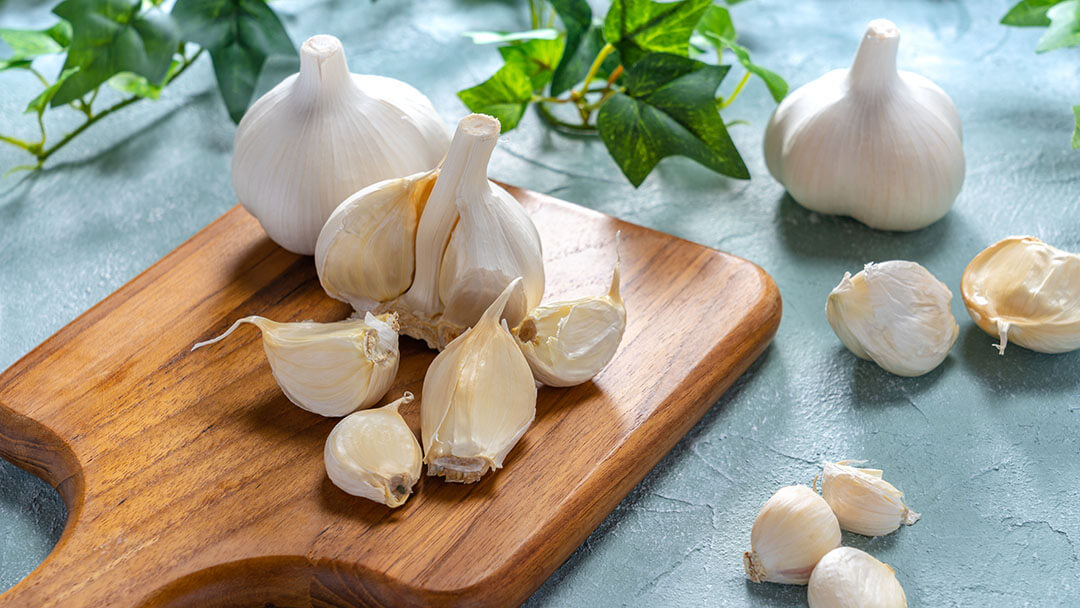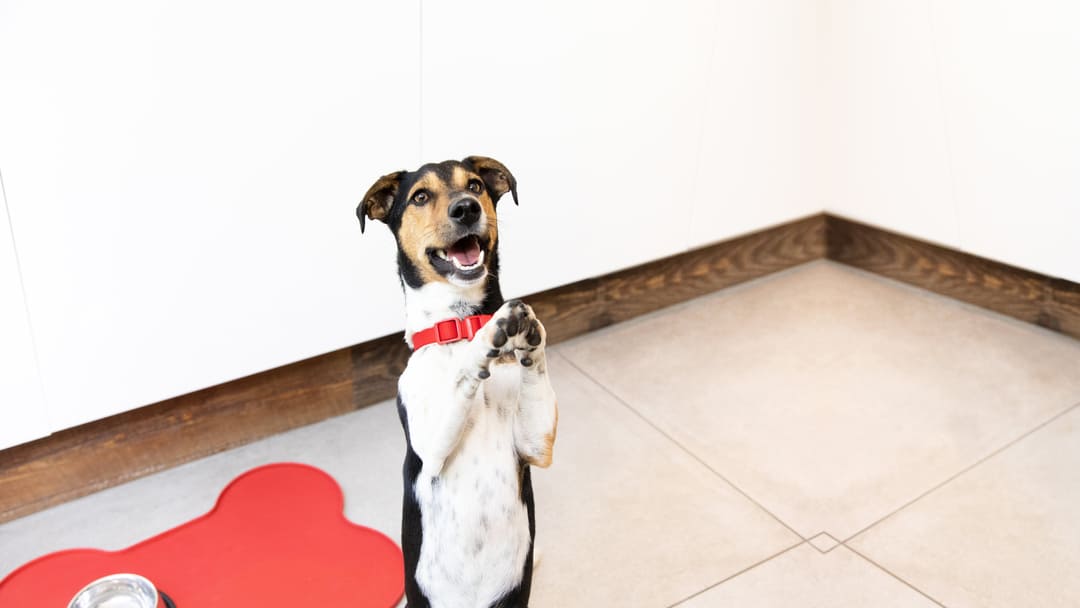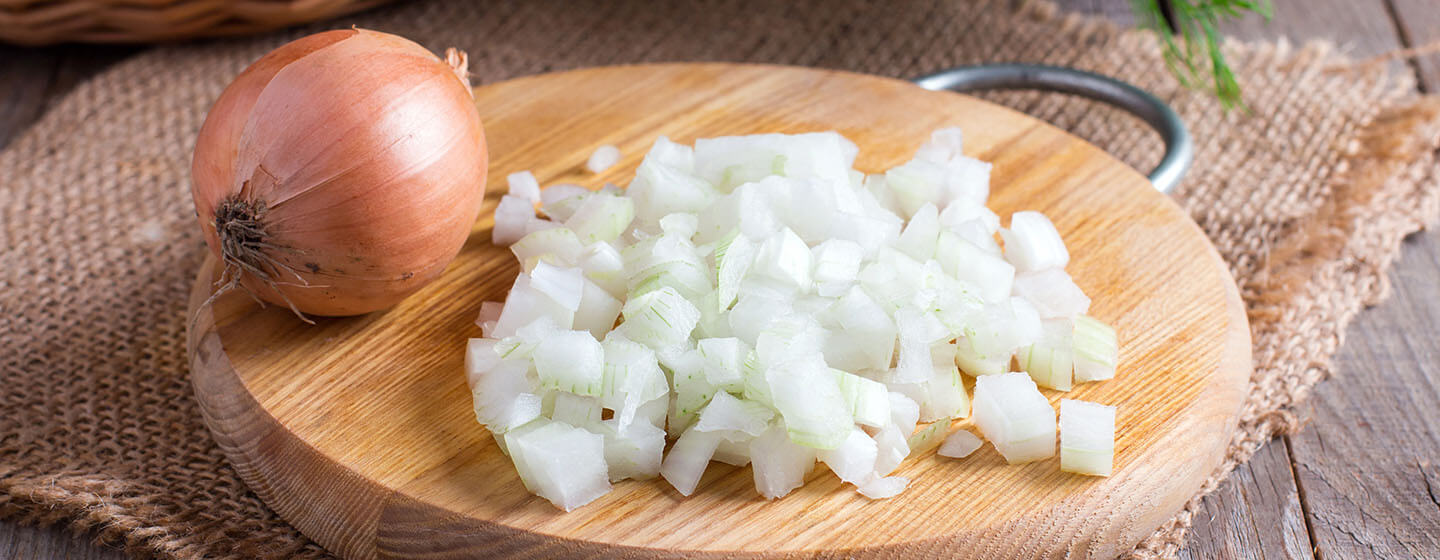
You may be surprised to learn just how much onion we humans consume on a daily basis. Onion and onion powder are added into a vast number of recipes from soups to sauces, and this versatile vegetable is known for bringing an unforgettable flavour to dishes. With onions included as an ingredient in so many things, it’s caused many a pet parent to pause and ask the question “can dogs eat onions or foods that contain them?”
Find out if onions are bad for dogs and more in this guide.
Can dogs eat onions?
No, dogs shouldn’t eat onions. These vegetables contain a compound called N-propyl disulphide which is highly toxic for dogs. This compound can cause the breakdown and eventual destruction of red blood cells and lead to anaemia. In extreme cases, onion poisoning can be fatal for dogs.
How bad are onions for dogs?
The toxic effect of onions depends on how much your dog eats and the size of your dog. According to The American Kennel Club, 100g of onion per 20kg of a dog’s weight can lead to toxic effects. This means that only a relatively small amount of onion can be deadly to a small dog. To be on the safe side, we recommend not giving any onion at all to any dog.
All parts of the onion are bad for dogs, including the flesh and leaves, as well as the juices and powders that are created from this vegetable. So, if you grow onions in your garden, it’s a good idea to keep them fenced off away from opportunistic dogs.
Can dogs eat cooked onions?
No, dogs can’t eat cooked onions. Cooking and frying them doesn’t have an impact on how poisonous they are.
Symptoms of onion toxicity
If your dog’s eaten onions, they could show signs of illness within a day, but sometimes it takes several days for the signs of anaemia to become apparent. The following symptoms can develop:
- Decreased appetite
- Pale gums
- Lethargy
- Weakness
- Collapse
- Red tinge to urine
- Vomiting and/or diarrhoea
- Elevated heart rate
- Panting
If you notice your dog displaying any of the symptoms listed above, take them to the vet straight away for diagnosis and treatment. A speedy response can make the world of difference.
How are dogs treated for onion toxicity?
The treatment for onion toxicity depends on how much onion your dog has eaten and when they had it. If you discover that your dog has eaten onion and you manage to get them to the vet soon enough, the vet may be able to induce vomiting to get the onion out of your dog’s system before it can be digested. However, this only works as a preventative measure if you can take action quickly enough.
If your dog develops symptoms of onion toxicity, they will need supportive treatment. In extreme cases where the dog is in a critical condition, a blood transfusion may be necessary.
If your dog’s red blood cells have been severely affected, your vet will also provide ongoing care to help return them to their normal happy and healthy selves.
Preventing onion toxicity
Always keep onions out of reach of your dog as these vegetables can be extremely dangerous if ingested. Also, be sure to check the ingredients before offering any human foods to your dog as a lot of ready-made soups and sauces contain onions. Better yet, avoid human foods entirely and only feed your dog foods and treats specially created for dogs.
Now you know that onions are bad for dogs, why not learn more about the foods your dog can enjoy and what to avoid? Read our guide on can dogs eat pineapple, next.
